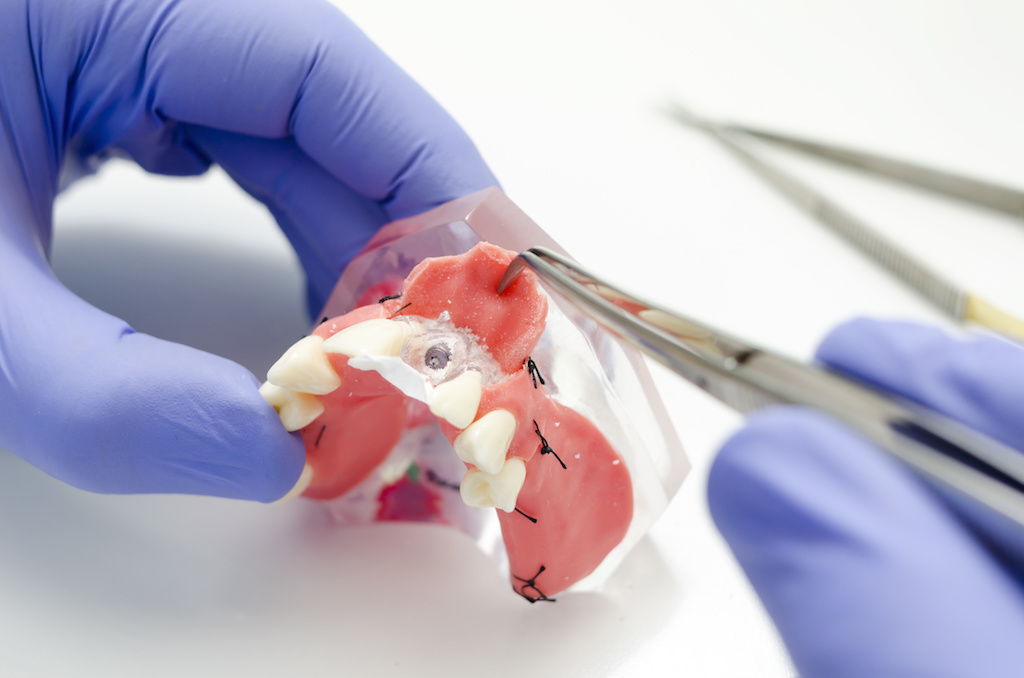Dental school admissions committees take the time to carefully review the many different elements of each dental school application. If you know what dental schools are specifically looking for when they review applications, you can better prepare yourself during your pre-dental career. Knowing why dental schools care about the things they care about is also helpful.
Part I. What do dental schools want in an applicant and why?
In this section, we review what dental schools are looking for in applicants and why. This is not a list of dental school admissions requirements, but a list of the achievements that make an applicant competitive for dental school. In the following sections, we will review how you can become a competitive applicant for dental school by covering all the listed areas.
1) Grade Point Average (GPA): Dental School is academically challenging and admissions committees want to know that you are capable of handling the rigorous coursework. A good undergraduate GPA is absolutely essential to proving that you are capable of academically succeeding in dental school.
2) Dental Admission Test Scores (DAT): Like the GPA, dental schools use the DAT score to determine an applicant’s ability to excel in the dental school coursework and to succeed on the dental boards. The DAT is the great equalizer because it shows not just how you performed compared to students who went to the same college as you, but compared to all dental school applicants. For the majority of dental schools, different levels of emphasis are placed different sections of the DAT. We have listed the general trend from most important score to least important score as follows: Total Science score (Average of Biological Science, Organic Chemistry and General Chemistry), Perceptual Ability Test, Reading Comprehension, and Quantitative Reasoning. However, this is just a general rule and may vary from school to school. An average score of 20 on all the sections would be considered a good DAT score. Anything above a 21 is a great score. Scores above 23 are excellent scores and truly catch the eyes of the admissions committee.
3) Exposure to Clinical Dentistry: Simply proving you have what it takes to do well academically is not enough to secure you a position in dental school. Dental schools also want to know that you understand the dental profession, you enjoy the work of a dentist, and you are committed to this field. Experiences that give you exposure to dentistry will demonstrate your understanding and commitment to the dental profession. The number of hours you spend shadowing is extremely important. You want to have a minimum of 150 hours of dental shadowing experience, but we encourage you to have more than that.
4) Research Experience: Dentistry is an intellectually demanding profession that requires life-long learning. Research teaches you how to become an independent life-long learner. It also shows you how to ask questions about unknowns and devise studies to find answers to these questions. These skills will be valuable if you plan to take part in research as a future dentist. They will also help you read the dental and medical literature, evaluate clinical studies, and apply the information to better treat your patients as a future dentist.
5) Leadership Experience: By assuming leadership positions, you show the admissions committee that you are capable of taking initiative and bringing ideas to fruition. You also demonstrate your ability to work in teams, engage with others, and inspire your peers. These qualities are very impressive to a dental school admissions committee, especially because the practice of dentistry requires working well with others. By participating in leadership experiences you are also telling the admissions committee that as a future dentist, you have the potential to be a leader in your field and in your community. Wherever you attend dental school, you will be divided into groups for different didactic, clinical and outreach programs. Dental school admissions committees look for students who are capable of leading such groups. In addition, dental schools like to accept students into their program who would become involved with organized dentistry, possibly run for national positions, win awards on behalf of their dental school, and help promote the school’s name. As a result, leadership qualities are a vital aspect of your application and critical to your job as a dentist.
6) Community Service: Admissions committees are impressed by community service because it shows compassion, a concern for the less privileged and the desire to make a large-scale difference in the community. This is especially true in dentistry, because a large part of oral health is dependent on proper prevention. Your involvement in community service will help you receive more interviews. It will also give you something to talk about during the interview as the interviewers are assessing your compassion for others.


